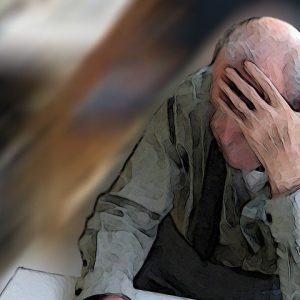Powers of Attorney
By Laura Calderon
Concerned about Florida’s new power of attorney statute?
Effective October 1st, 2011, Florida’s Power of Attorney statute received a major overhaul. Sweeping changes were made to how documents are to be executed, when and how they can be used as well as specific changes to frequently used powers. Contact us to discuss these important changes and how they may relate to you and your estate plan.
What is a Power of Attorney?
A power of attorney is the granting of legal rights and powers from one person, the principal, to another, the agent or attorney-in-fact. The attorney-in-fact, in effect, stands in the shoes of the principal and acts for him or her on financial and business matters. The attorney-in-fact can do whatever the principal may do — withdraw funds from bank accounts, trade stock, pay bills, cash checks — except as limited by the provisions of the power of attorney. This does not mean that the attorney-in-fact can just take your money and run. He or she must use your finances as you would for your benefit.
When does the power of attorney take effect?
The power of attorney takes effect as soon as it is signed by the principal.
Does the power of attorney take away my rights?
No, absolutely not. Only a court can take away your rights. Your attorney-in-fact simply has the power to act along with you or on your behalf.
What if I appoint more than one attorney-in-fact?
Just as you and your attorney-in-fact can have power to act at the same time, you can give more than one family member or friend the power to act on your behalf. In most cases, they are given the right to act independently (or “severally”) of one another. You can also require them both to agree to any actions, but this can be cumbersome in practice. Finally, you can name one or more alternates in case your original attorney-in-fact can no longer act.
Can I change my mind?
Certainly. You may revoke your power of attorney at any time. All you need to do is either verbally advise your attorney(s)-in-fact that their appointment(s) has been revoked or, to be certain, send a letter. From the moment they are so informed they can no longer act under the power of attorney.
What happens if a guardian is appointed?
One of the purposes of a power of attorney is to avoid the need for the appointment of a guardian. However, depending on the circumstances, one may still be appointed. Under Florida law, the filing of a petition to determine your incapacity will suspend the power of attorney until the court makes its determination.




